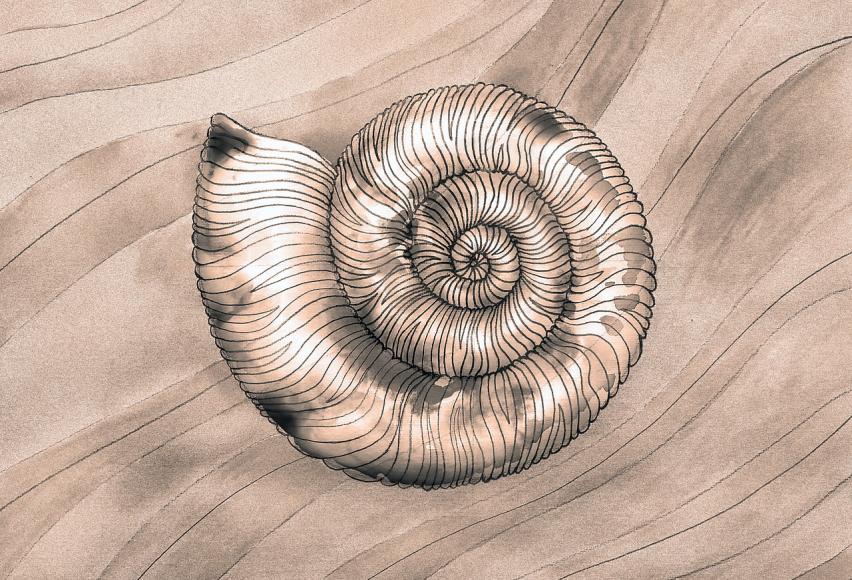Excavating the Meaning of Hair Pulling

Online test
Find out the severity of your symptoms with this free online test
In this month’s TrichStop.com webinar with Dr. Vladimir Miletic, he talks about meaning and how meaning applies to therapy for compulsive hair pulling from the perspectives of George Kelly and Paul Watzlawick. In addition to talking about meaning, he describes the therapeutic process by describing his work with a TrichStop.com client. The full webinar is available on YouTube.
Every Person is a Scientist
Dr. Miletic’s discussion on meaning highlighted the work of George Kelly. For those unfamiliar with Kelly, he expanded on Freud’s approach to mental health by changing the premise. Freud’s psychoanalytic approach included a therapist interpreting what was going on with a client in an authoritative manner. However, how would a therapist know what a client experiences? There are myriad influences on a person’s thoughts, feelings, and behaviors, and there is no way for a therapist to know enough about this to be an accurate interpreter.
Kelly proposed that everyone’s viewpoint has value and that people engage with the world as if they were scientists. Thus, he came up with personal construct theory. Personal construct theory states that each person gathers information, evaluates it, interprets it, and acts on it based on their own private experiments. People can do this with full awareness, but more often, it occurs outside of awareness. When applied to maladaptive behaviors, Kelly’s theory suggests that these actions come about as a result of our experimentation and thus can be modified through the same process.
Every Solution is a Problem
Another psychologist Dr. Miletic referenced is Paul Watzlawick, who developed theories of communication, especially in regards to relationships. Watzlawick was a family therapist who did a lot of work with family and systemic therapy and through that work, he determined that human beings cannot help but communicate. Additionally, he said that “every solution is a problem” and that these solutions should not be judged as good or bad, but evaluated based on their cost to ourselves and others.
In regard to mental health symptoms, Watzlawick suggested that symptoms are solutions create to communicate and/or solve a problem but then they become a problem themselves. For example, when someone compulsively pulls hair, it may be a way to communicate that they feel stressed or highly anxious and pulling hair may have become a solution to the anxiety problem. Therefore, in therapy, one must consider the many layers of meaning attached to the solution as well as to what the symptom is communicating.
Excavating for Meaning

To get to the root of the problem and decipher the meaning attached to the symptoms and solutions involved with hairpulling, Dr. Miletic guides clients through and excavation process.
Remember, Kelly suggested that people’s experiences are multidimensional and layered, so it takes some work to get to the meaning attached to hair-pulling behaviors. A person does not pull all the time, therefore, exploring all these dimensions and the resistances encountered with solutions that helps form a new set of solutions. The entire process is client-guided because it is the client’s depth of experience that creates meaning. Additionally, the therapist guides the client through the excavation, which is essentially a scientific process of discovery, evaluation, interpretation, and experimentation.
Finally, as additional solutions to hair pulling are explored, it is essential for clients to understand how much can be learned from failure. While many people with compulsive hairpulling struggle with embarrassment, shame, and guilt, a change of mindset towards curiosity and experimentation can help a client apply the excavation process to setbacks encountered in recovery.
Subscribe to the TrichStop.com newsletter and subscribe to the YouTube channel to receive notifications about the next webinar.
Online test
Find out the severity of your symptoms with this free online test
Start your journey with TrichStop
Take control of your life and find freedom from hair pulling through professional therapy and evidence-based behavioral techniques.
Start Now



